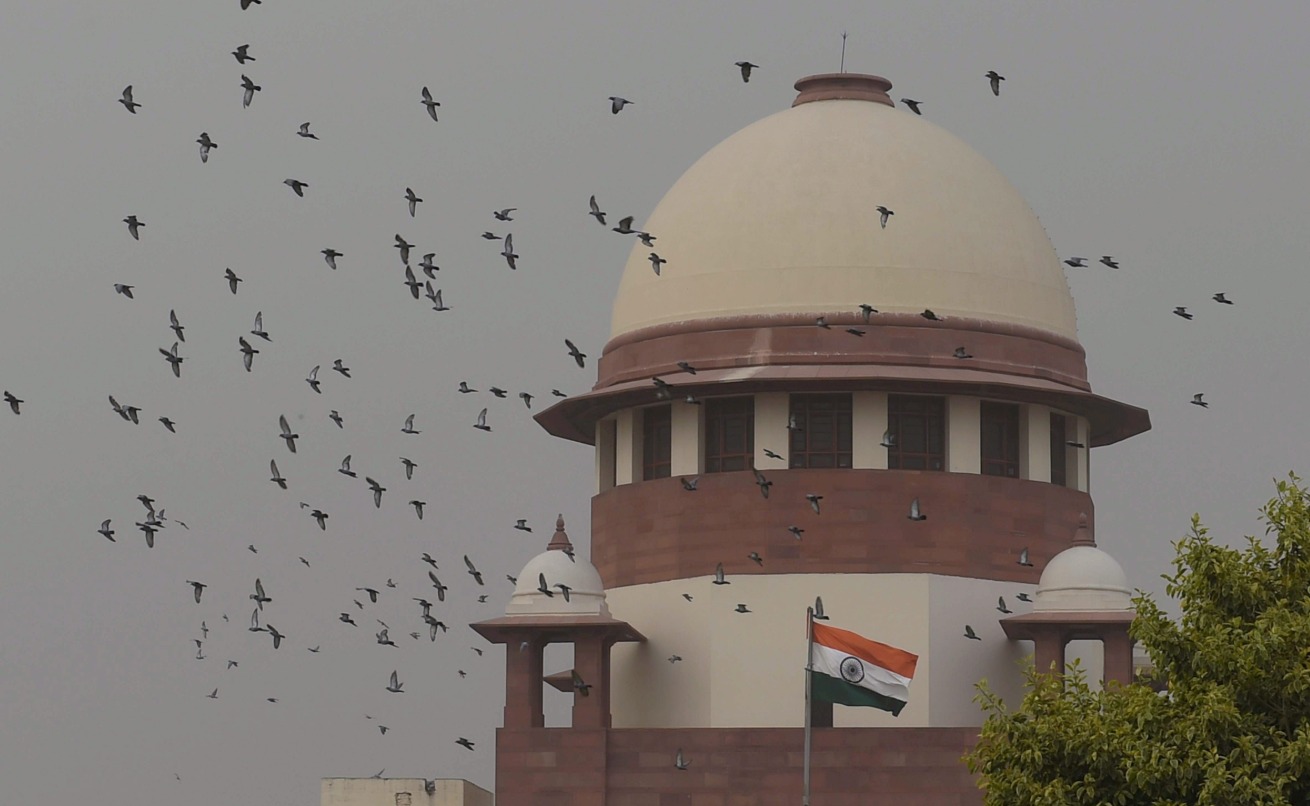New Delhi (PTI): The Supreme Court on Thursday refused to examine a PIL seeking a judicial probe into the April 22 Pahalgam terror attack in which 26 people were killed.
A bench of Justices Surya Kant and N Kotiswar Singh castigated the petitioners for seeking a retired judge to monitor probe into the Pahalgam attack and said retired judges were not experts.
"In this crucial time, each and every citizen of the country has joined hands to fight terror. Do you want to demoralise the security forces by filing this kind of PIL. Don’t bring this kind of issue in judicial domain," the bench said.
Petitioners Fathesh Kumar Saahu and others were consequently asked to withdraw the PIL.
The top court asked the petitioners to realise the sensitivity of the issue and not make any prayer in court which demoralised the forces.
"You are asking retired Supreme Court judge to investigate. They are not experts in investigation but can only adjudicate and decide an issue. Don't ask us to pass an order. Go wherever you want to go. Better you withdraw," the bench told one of the petitioners.
The PIL sought a direction to the Centre and J-K administration to ensure the safety of tourists.
Terrorists on April 22 opened fire in Baisaran, a popular tourist spot in the upper reaches of Pahalgam in Anantnag district, killing 26 people, mostly holidayers from other states -- an incident that has spiked India-Pakistan tensions, with Prime Minister Narendra Modi asserting that the killers would be pursued "to the ends of the earth."
Let the Truth be known. If you read VB and like VB, please be a VB Supporter and Help us deliver the Truth to one and all.
Hazaribag (PTI): Two workers have been trapped after the wall of an opencast mine collapsed on a truck in Jharkhand's Hazaribagh district, police said on Sunday.
The accident occurred around 11 pm on Saturday in the command area of Central Coalfield Limited (CCL) under the Urimari Police Station limits when the highwall of the mine caved in on the coal-loading vehicle, a senior officer said.
A highwall in mining is the face of exposed overburden and coal in a mine, and its stability is important for safety of miners and equipment, experts said.
The trapped coal workers, who were on the truck when the accident occurred, were identified as Sunil Yadav (30) and Raju Paswan (50), Barkagaon sub-divisional police officer (SDPO) Pawan Kumar said.
"A rescue operation is underway for the two workers. Another person has already been rescued from the accident site and admitted to a hospital here," he added.
The trapped workers could not be rescued on Saturday night due to darkness, fog and a protest by coal workers there, the SDPO said.
The labourers at the opencast mine stopped their coal extraction activities after the accident, he added.





